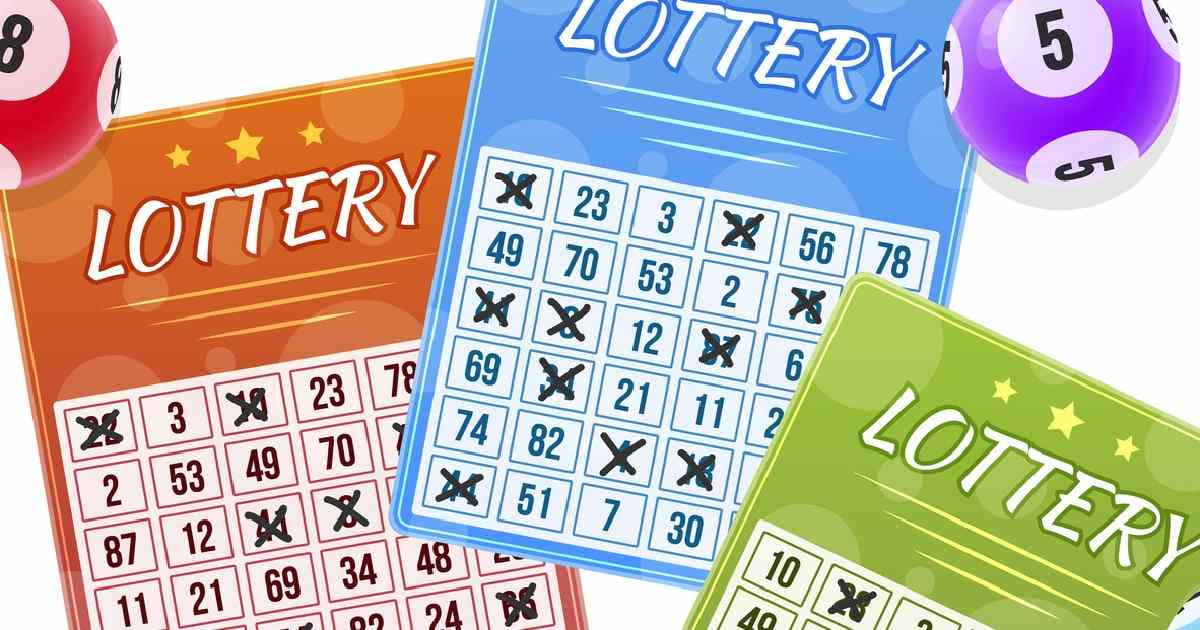In the world of gambling, few things captivate the imagination and fuel dreams of instant wealth like the lottery. With its promise of life-changing jackpots, the allure of the lottery is undeniable messipoker. Yet, behind the glitz and glamour lies a complex game of chance that has intrigued mathematicians, psychologists, and players alike for centuries.
The Appeal of the Lottery
What is it about the lottery that draws millions of people to participate week after week? The answer lies in its simplicity and universality. Unlike other forms of gambling that require skill or strategy, the lottery is a game of pure luck. Anyone, regardless of background or expertise, can purchase a ticket and stand a chance to win. This democratization of wealth, however improbable, is a powerful motivator.
The Mathematics of Luck
At its core, the lottery is a statistical game governed by probability theory. Every ticket sold represents a unique combination of numbers, and the odds of any one ticket winning the jackpot are typically astronomically low. Yet, despite the slim chances, players continue to invest in the hope that fate will smile upon them.
Mathematicians have long studied the intricacies of lottery odds, analyzing number patterns, frequency distributions, and historical data in search of strategies to improve their chances. While some theories suggest that certain numbers are “luckier” than others, the reality is that each draw is independent of the last, and past outcomes have no bearing on future results.
The Psychology of Hope
Beyond the cold calculations of probability, the lottery taps into deep-seated psychological factors that influence human behavior. The mere act of purchasing a ticket triggers a surge of anticipation and excitement, activating the brain’s reward centers in anticipation of a potential windfall. This psychological phenomenon, known as “anticipatory utility,” can be just as gratifying as actually winning the prize.
Moreover, the lottery offers a rare opportunity for individuals to indulge in fantasies of wealth and abundance. For many, the dream of winning represents an escape from financial hardship, a chance to fulfill long-held desires, or a ticket to a life of luxury. These aspirations, however improbable, provide a sense of hope and purpose that transcends the harsh realities of everyday life.
Responsible Play and Social Impact
While the allure of the lottery is undeniable, it is essential to approach the game with caution and moderation. For some, the temptation to chase the jackpot can lead to financial hardship, addiction, and other negative consequences. Responsible gambling practices, such as setting limits on spending, seeking support when needed, and viewing the lottery as entertainment rather than a financial investment, are crucial for maintaining a healthy relationship with the game.
Furthermore, it is important to recognize the broader social impact of the lottery. In many countries, proceeds from ticket sales are used to fund essential public services, such as education, healthcare, and infrastructure. By participating in the lottery, players contribute to the betterment of their communities, making a tangible difference in the lives of others.
